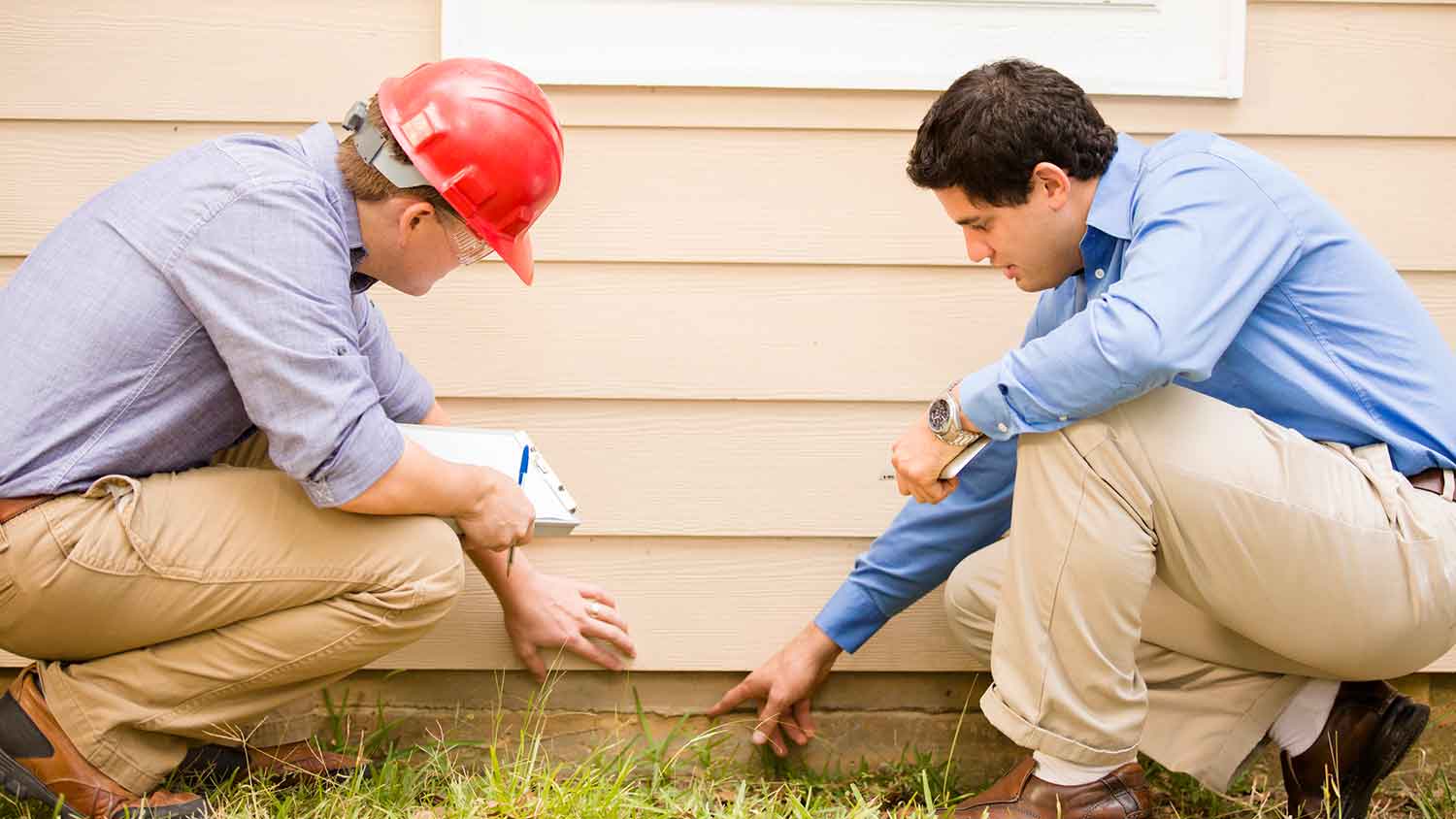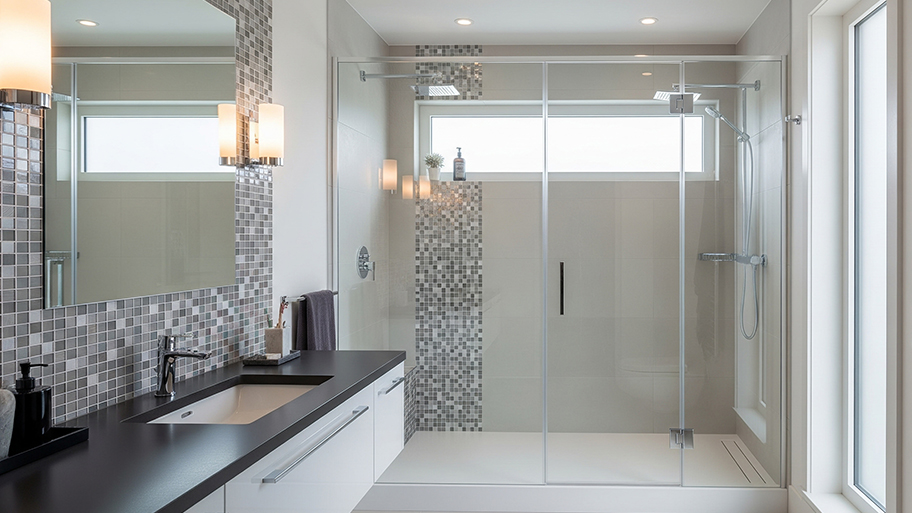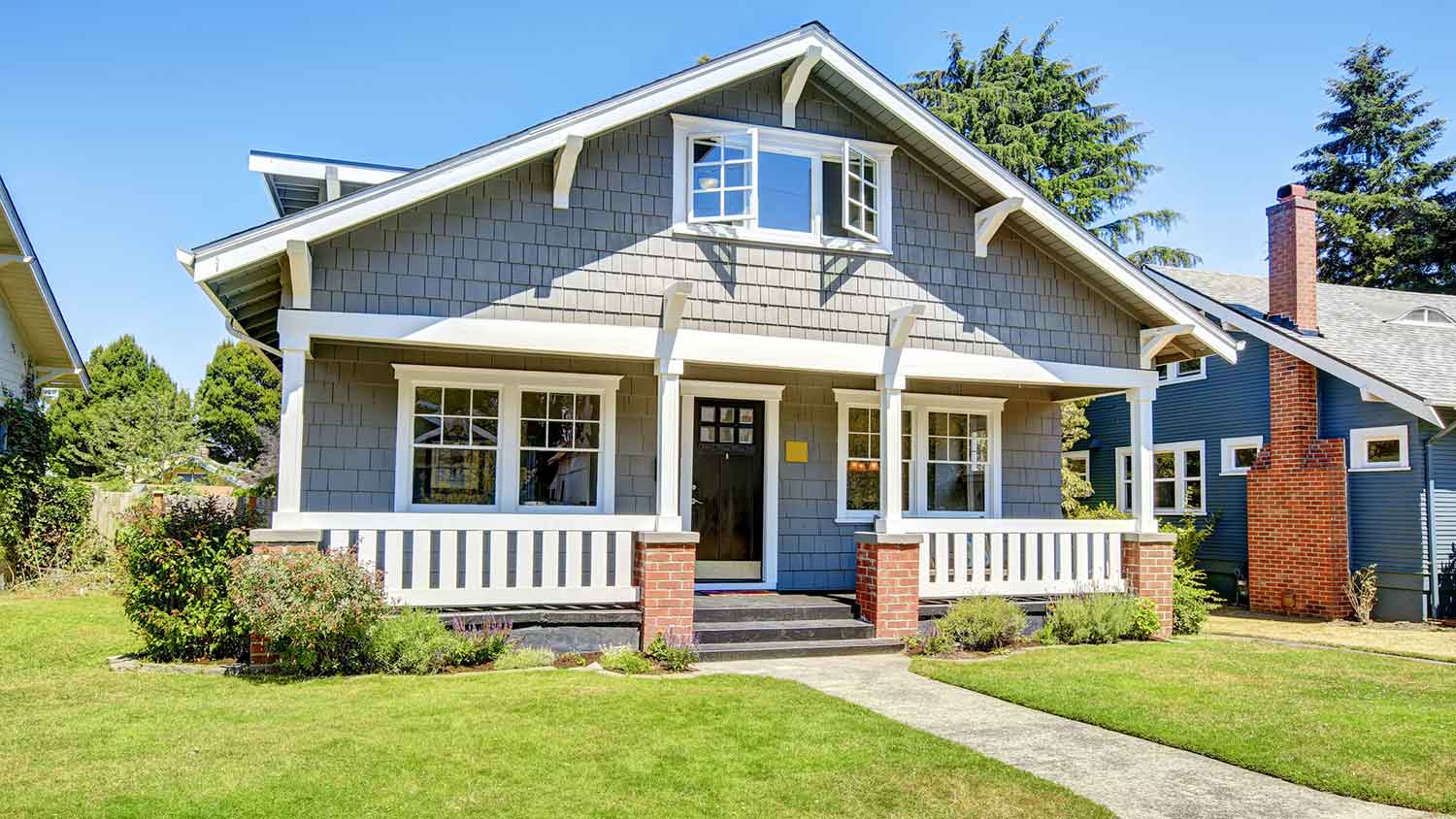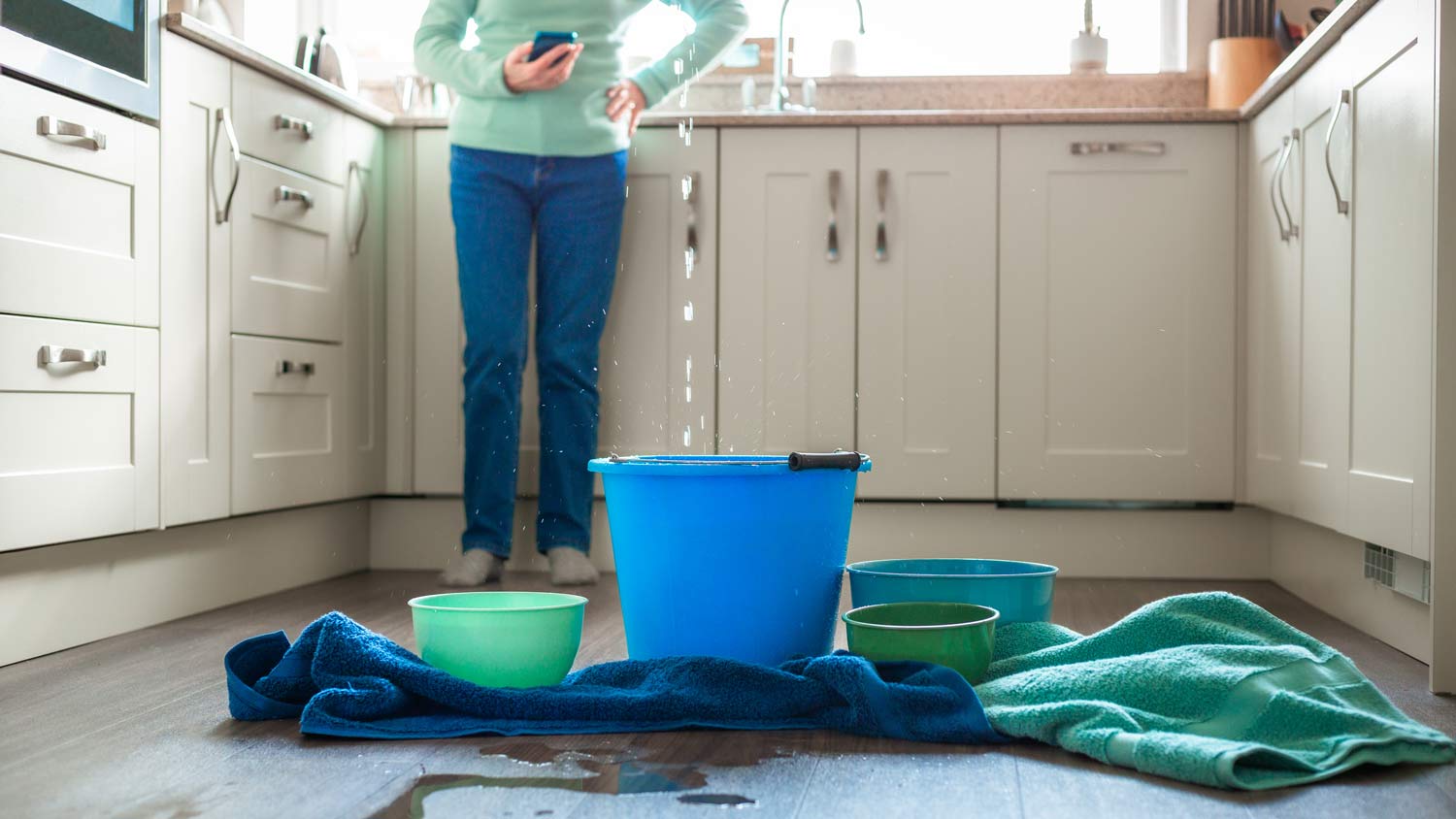
Fire damage restoration costs vary widely based on the extent of the damage. Learn how to assess your home and estimate your total after a fire.
Find out if homeowners insurance picks up the tab for a leaky slab


Most slab leaks are covered by homeowners insurance when they are caused by "covered perils."
You may even be able to get reimbursed for personal property that is damaged during a leak event.
Slab leaks are not usually covered when foundation damage is caused by wear and tear or lack of maintenance.
Homeowners need to weigh the cost of repairs against the deductible to determine whether filing a claim is worth it.
Does homeowners insurance cover slab leak repair? While coverage varies by policy, there are some general rules when it comes to what most insurance companies cover for foundational issues. This guide will help you figure out what you can expect if you go to file a claim for a slab leak at your home.
A slab leak refers to a leak that occurs beneath a home's slab foundation. You may have a slab foundation instead of a basement if you live in a flood-prone part of the country. However, weather-related flooding isn't the only risk factor for slab leaks. If water lines were embedded inside your slab when your home was built, there's a good chance that a plumbing leak can go undetected.

Unfortunately, it's common for slab leaks to go on for years without being detected. That's why it's recommended that you have your slab foundation professionally inspected every three to four years. Many homeowners pay high water bills without realizing that these increased costs are actually caused by slab leaks. Here are some clues that a slab leak is happening at your home:
Consistent poor water pressure
A musty odor throughout the home
Dampness throughout the home
Mold on flooring and carpets
Soggy soil surrounding the home's foundation.
A constant sound of running water or hissing that can be heard even when the faucets aren't running
The average slab leak repair cost around the country is $2,280. However, homeowners can pay anywhere from $630 to $4,400 for repairs. Factors that determine costs for slab leak repairs include the extensiveness of the damage, the location where the crack occurs, and the accessibility of the leak point.
In some cases, foundation professionals or water damage restoration experts can simply fix the cracks. In other cases, cracks are severe enough to require a full slab replacement. This project will require new concrete, tiles, and sealant.
While homeowners insurance covers water damage in many cases, only "sudden and unexpected" damage is included in most policies. A homeowner can generally expect slab leak repair to be covered when a homeowners insurance policy includes this type of damage under its "covered perils" clause. However, the cause of the leak will need to be due to an act that is covered in your policy. For example, a tornado, fire, or flood that causes foundation damage that results in a slab leak would generally be considered a coverable issue.
If your policy includes dwelling coverage, any structural damage to your home may be covered. This means that your policy may help to cover the cost of removing your current slab to put in a new slab. However, dwelling coverage probably won't cover any of the plumbing work that needs to be done to prevent future slab leaks. The homeowner may need to cover plumbing repair costs out of their own pocket.
Does condo insurance cover water damage? Your policy may cover water damage that occurs in your unit. However, the condo association will generally be responsible for issues that occur in common areas.
If a slab leak resulted in damage to your personal property, your home's personal property coverage may help you to be reimbursed for losses. Under most policies, personal property coverage pays to either repair or replace damaged possessions. This can include furniture, clothing, electronics, and appliances. When learning about how to make a water leak insurance claim, homeowners should keep in mind that coverage won't typically kick in until a deductible payment has been met. This is when it becomes necessary to weigh the replacement values of items against deductible costs to see if filing a claim is worth it.
Most insurance policies don't cover damage caused by wear and tear or maintenance issues. That means that your slab leak may not be covered if the damage occurred as a result of negligence. For example, your insurance company is unlikely to foot the bill if a slab leak was caused by outdated plumbing lines. The same is true if your slab becomes damaged due to tree roots that disrupt your home's plumbing lines. Some homeowners choose to purchase separate coverage options that offer protection against these types of occurrences.
There is also one important water damage insurance claim tip to know about. If your slab needs repairs, insist that all work is performed by a licensed local water damage restoration company. Most insurance companies will not reimburse policyholders for unlicensed repairs.
While some homeowners can tackle small leaks and minor water damage themselves, more extensive issues like slab leaks are best left to the professionals. Slab leak repairs often involve breaking through concrete and navigating complex plumbing systems. Not only are these activities labor intensive, but they also require a high level of skill and expertise to avoid further damage.
Qualified professionals have the experience, tools, and skills needed to quickly identify and fix the leak, mitigate further damage, and restore your home to its original condition. They can also help prevent mold growth.
From average costs to expert advice, get all the answers you need to get your job done.

Fire damage restoration costs vary widely based on the extent of the damage. Learn how to assess your home and estimate your total after a fire.

Water damage restoration costs depend on the severity of the problem, the type of water, and the length of time the damage has been occurring.

Fire hydrant costs might not be an expense you think about day-to-day, but they’re important to consider for the safety of your home.

The type of smoke your home is exposed to will affect the kind of damage it leaves behind. Learn about the four types of smoke damage and how they differ.

Water damage usually starts tame before growing into issues like mold and rot. Learn how to fix water damage on kitchen cabinets with this guide.

Water damage can lead to mold growth, structural damage, and ruined items. Learn eight common causes of water damage and how to fix them.